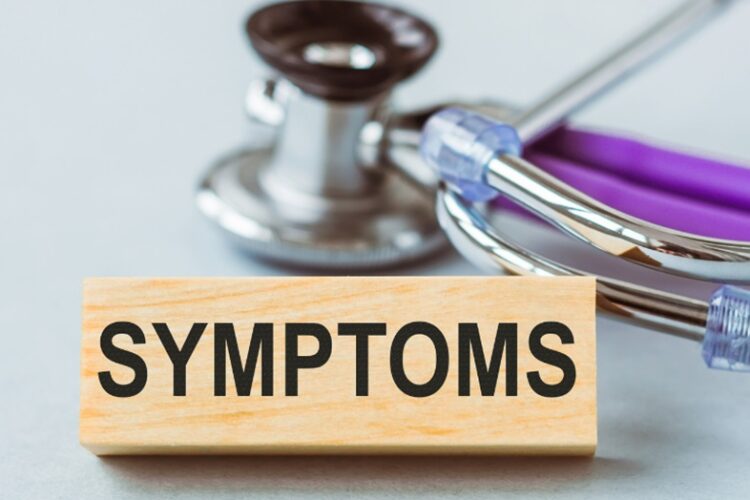Opioid withdrawal is a challenging and painful experience that occurs when someone who has been using opioids for a period of time suddenly stops or reduces their intake. The symptoms can be severe, making it difficult to quit opioid use without professional help. In this article, we will explore the symptoms, causes, and treatments for opioid withdrawal so that you can better understand this process and seek the necessary support if needed.
Symptoms of Opioid Withdrawal
The symptoms of opioid withdrawal can vary from person to person, depending on the severity and duration of their opioid use. Some common symptoms may include:
- Cravings for opioids
- Nausea and vomiting
- Diarrhea
- Muscle aches
- Restlessness
- Anxiety
- Insomnia
- Sweating
- Goosebumps
Causes of Opioid Withdrawal
Opioids work by attaching to specific receptors in the brain and blocking pain signals. Over time, the body becomes dependent on opioids to function normally, and stopping or reducing their use can lead to withdrawal symptoms. The severity of these symptoms depends on the individual’s physical health, psychological state, and the amount and duration of opioid use. For this, gaining a better understanding of opioid withdrawal duration for each individual is essential. It is also important to note that withdrawal symptoms can begin as early as a few hours after the last dose and can continue for several weeks, depending on the individual’s opioid use history.
Treatments for Opioid Withdrawal
There are several treatments available. But firstly, seeking professional help for opioid withdrawal in Fort Lauderdale is highly recommended. Meanwhile, here are some common approaches used for managing opioid withdrawal:
- Medications: Several medications can help alleviate the symptoms of opioid withdrawal, such as buprenorphine, methadone, and naltrexone. These medications work by binding to the same receptors that opioids do but in a milder way. This helps reduce cravings and ease withdrawal symptoms.
- Behavioral Therapy: Cognitive-behavioral therapy (CBT) can help individuals manage their cravings and develop coping strategies to avoid relapse. Other behavioral therapies, such as contingency management and motivational interviewing, are also effective in treating opioid use disorder.
- Support Groups: Joining a support group or attending counseling sessions with others who are going through similar experiences can provide a valuable source of emotional support and understanding. These groups can also provide individuals with useful tips on how to manage cravings and stay sober.
Conclusion
Opioid withdrawal is a challenging process that requires professional help and support. The symptoms can be severe, but with the right treatment approach, individuals can successfully overcome their opioid use disorder and lead fulfilling lives in recovery. If you are struggling with opioid addiction, know that help is available. Do not hesitate to seek professional help and support to begin your journey towards recovery. So, do not wait any longer; take the first step towards a healthier and happier life today!

